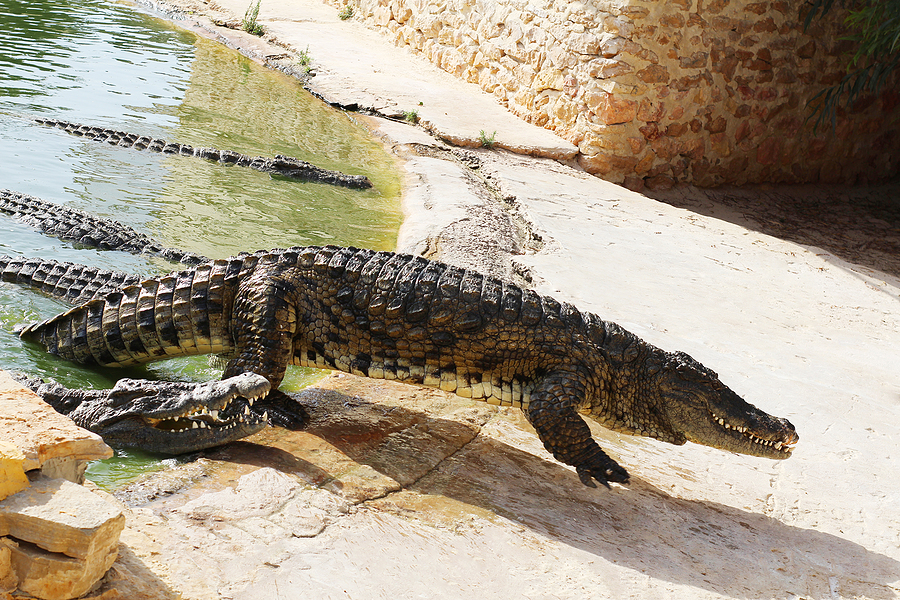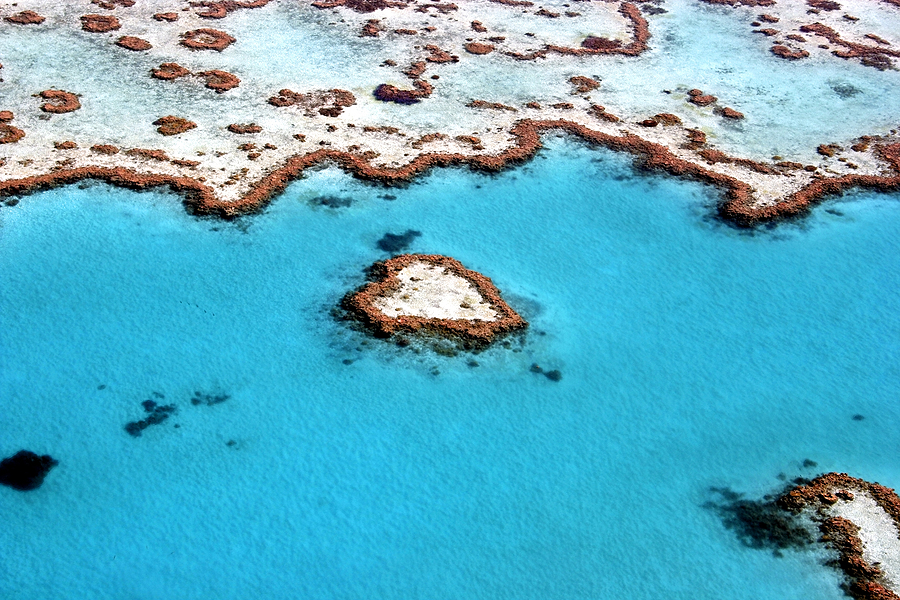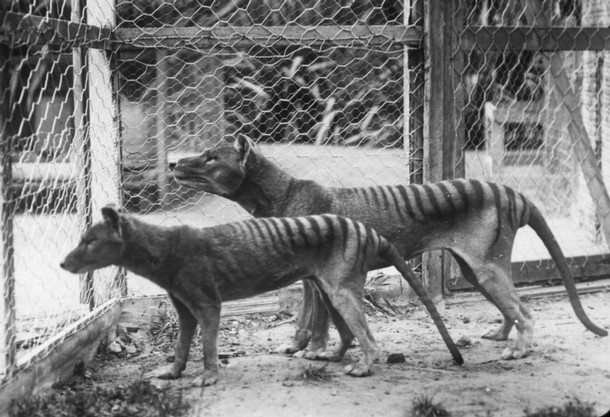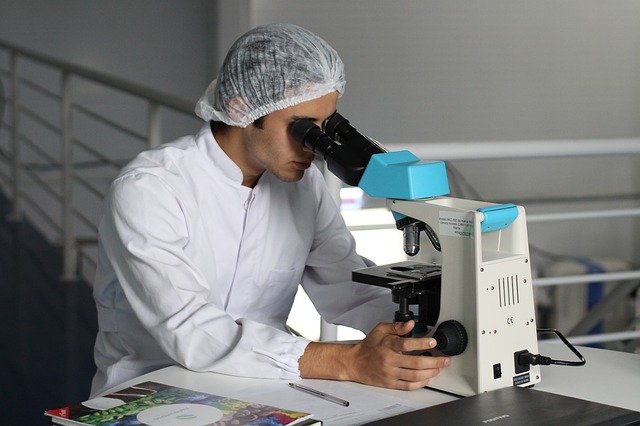
Why have crocodiles survived so long?
Crocodiles are commonly referred to as ‘the last living dinosaurs’ since they are massive reptiles that survived the extinction event that destroyed all the other large reptile species. Many people ask why this is the case.
First of all, crocs are amphibious animals, and they can stay under the water for long periods of time. They don’t need as much oxygen as other animals, and thus don’t need to expose themselves if they don’t want to.
They also consume a wide diet; they will eat almost anything that they can swallow. They were able to keep hunting and eating many of the small mammals that rose to prominence after the demise of the dinosaurs.
Crocs also have very strong immune systems, and like bats are very good at resisting disease. They were not as affected as other large dinosaurs by the onset of disease due to starvation.
Their strong immunity also plays into their highly efficient metabolism. They don’t need to consume a lot of food at once and can stretch out their energy for long periods, meaning that they can better survive a lack of prey animals. Unlike other dinosaurs, they did not need to continuously keep eating to maintain their massive size.
As you know, crocs are very aggressive and resilient. They moved up the food chain quickly when larger predatory dinosaurs started to go extinct.
Crocs also lay a lot of eggs, and the babies grow up fast. This means they have more chances of success as if one baby does not survive, there are still many others.
They were also able to hibernate and conserve their energy, especially during cold periods like the Ice Age where other dinosaurs would die out.
As you can see, the crocodile is an incredible animal that deserves its reputation as a survivor.









